Natural Cures for Jersey Cattle Health Issues
Jersey cattle – whether raised for beef or dairy – can be an asset to any homestead. Keeping your Jersey cattle healthy is important. Several common diseases can slow or prevent milk production in Jersey milk cows, while others affect the growth of Jersey calves. No matter what health issues your Jersey cattle face, there are natural cures that can work just as well as conventional medical treatments that can be costly and have serious side effects.
In this blog, we’ll discuss the most common health conditions affecting Jersey cattle and the natural cures that can help alleviate the issues.
What are the common diseases in dairy cattle?
One of the most common (and painful) conditions in dairy cattle is mastitis. When Jersey milk cows get mastitis, it can compromise their entire immune system. Mastitis is more prevalent in Holstein cows than Jersey milk cows, with Jersey milk cows experiencing this agonizing condition half as often as Holsteins.
Some of the other issues dairy cattle face include lameness and reproductive system problems.
What are the common diseases in beef cattle?
Jersey cattle and other beef cattle varieties often must contend with bloat if they are grazing. Bloat happens when Jersey cattle consume legume plants that produce high levels of gas as a by-product. They can’t eliminate this excess gas quickly enough, which causes excess pressure on their organs. If left untreated, the cattle can die.
Bovine foot rot is another common disease among beef cattle. The condition is caused by organisms like Corynebacterium, staphylococci, streptococci, and various fungi. If your Jersey cattle contract foot rot, they can experience foot swelling, toe spreading, and reddening of the tissue above their hooves. Once Jersey cattle contract foot rot, it can be difficult to shake.
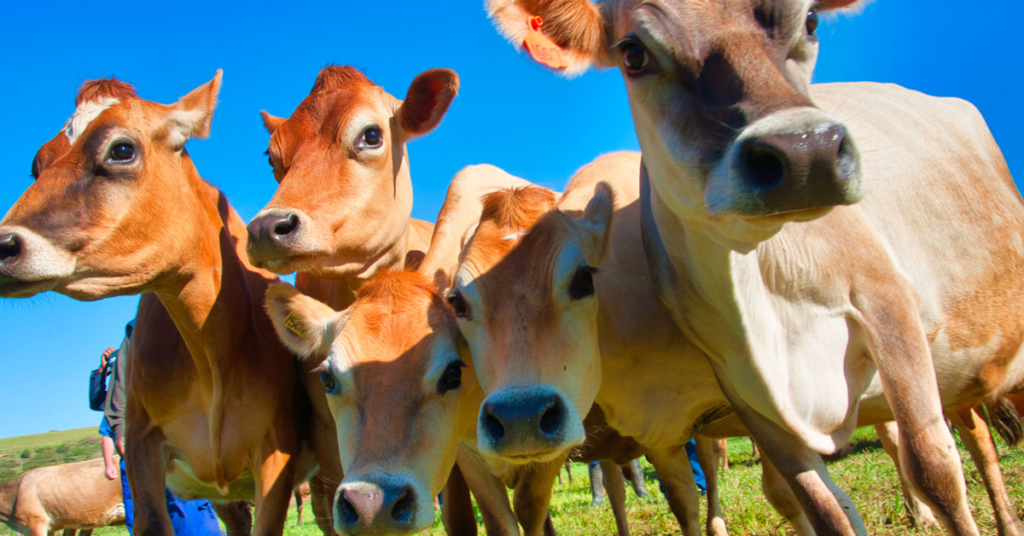
Prevention vs. cure: which is better?
Ideally, it’s better to prevent some of these health issues in your Jersey cattle than to cure them after the fact. Prevention can be more difficult than you might expect but not entirely impossible for some of the most common medical conditions.
One of the best ways you can avert a full-scale attack is by carefully observing your animals and their behavior. Your Jersey milk cow can’t tell you that her udders are painful from mastitis, but there are warning signs to alert you. Some of the most common include redness or heat from beneath the udder and defects in foremilk (blood, clots, flakes, watery appearance).
Other early warning signs your Jersey cattle aren’t feeling well include:
- Appetite suppression.
- Bloody diarrhea.
- Coughing.
- Eye or nasal discharge.
- Labored breathing.
- Laying down frequently.
- Limping.
You know your Jersey cattle the best. If their behavior is off or you observe other visual indicators that cause you concern, you may want to consult your veterinarian.
What are natural cures for Jersey cattle health issues?
Unfortunately, Jersey milk cows and Jersey beef cattle aren’t immune to health issues. Some are minor, while others can affect the long-term health and well-being of your cattle. The list of possible ailments is extensive. We’re going to break down the most common and provide an all-natural solution to try before delving into expensive veterinary treatments.
Acetonemia in dairy cattle
Acetonemia, also known as ketosis, can be problematic for Jersey milk cows. If you have more than a few Jersey cattle, it can eventually affect the entire herd. Signs to watch out for include a preference for hay or other coarse feed, excessive licking and chewing, and sweet-smelling breath and milk.
Conventional treatment for ketosis includes a prescribed oral dosage of propylene glycol for 3 to 5 days depending on the severity of the condition.
A natural alternative for acetonemia is including copper in the lick. One way to achieve this is by adding at least a tablespoon of dolomite per head per feeding. Rich in both calcium carbonate and magnesium, it ensures your Jersey cattle get the right balance of minerals in their feed to prevent ketosis from developing.
Bloat in dairy and beef cattle
When Jersey cattle develop bloat, it’s usually a sign of a much bigger problem on your homestead. Bloat can be caused by an imbalance of magnesium, potassium, and sulfur. It also can be caused by artificial fertilizers if you use them on your homestead.
Conventional treatment for bloat includes using a bloat guard prescribed by your veterinarian. You can prevent bloat and treat mild cases of it on your own using an all-natural application of 33 fluid ounces of cooking oil. You also should encourage the affected cattle to engage in some exercise to help the process move along. Follow this initial application with a tablespoon of dolomite and seaweed mixed in 15 ounces of apple cider vinegar and feed it to your Jersey cow.
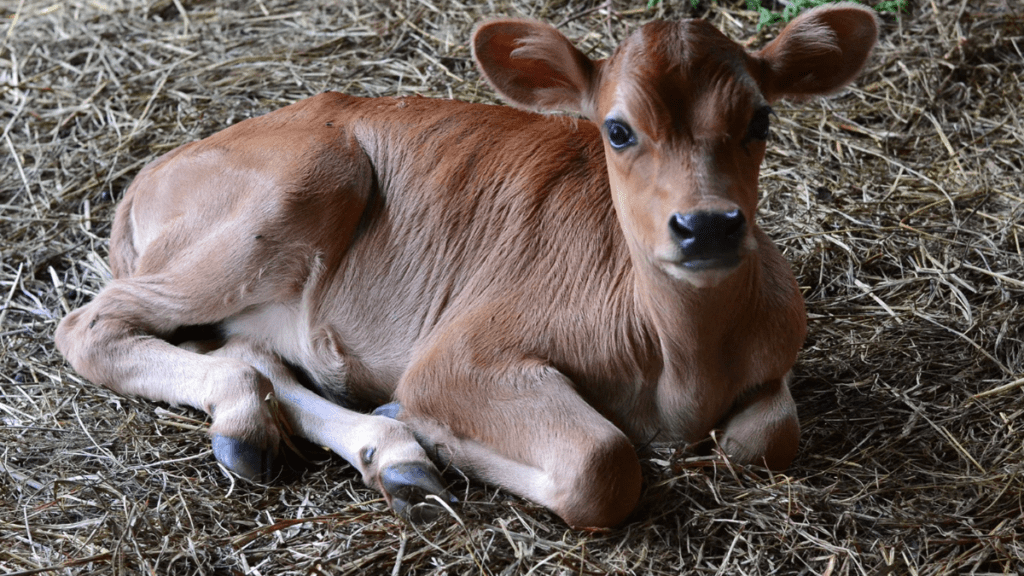
Diarrhea in Jersey cattle
When Jersey cattle develop an imbalance in their guts, they can end up with a bad case of diarrhea. Jersey milk cows can be hit especially hard with diarrhea, which can dehydrate them quickly and affect the quality and quantity of their milk production. It also can be life-threatening for young Jersey calves.
Conventional treatment involves administering antimicrobials with nonsteroidal anti-inflammatory agents like flunixin meglumine or meloxicam.
Most cases of diarrhea in Jersey cattle are caused by a copper deficiency. Giving your cow a lick by mouth, followed by a tablespoon of Vitamin C, should get them well on their way to recovery in 2 to 3 days. Make sure your Jersey cattle get enough liquid to prevent dehydration during treatment.
Foot rot in dairy and beef cattle
Foot rot is highly contagious. Once you have one Jersey cow with it, the disease can spread quickly among the entire herd. While copper deficiency doesn’t cause the condition, it can make your Jersey cattle more susceptible to it. One of the most effective all-natural solutions for foot rot is to supplement stock licks enriched with a tablespoon of copper sulfate during the evening feeding. You can boost the chances of a faster recovery by adding a course of dolomite to their feed as well.
Infertility in Jersey cattle
Infertility in Jersey cattle can be an issue if you are a Jersey cow breeder who intends to make your livelihood from breeding and selling Jersey calves. Before infertility can be treated, you must figure out what’s causing it. Assuming your male Jersey cow is fertile, you must explore potential issues with the female.
One common reason for Jersey milk cows that can’t become pregnant or maintain a healthy pregnancy is a Vitamin A deficiency. Injecting your Jersey milk cows with a combination of vitamins A, D, and E can increase their chances of becoming mothers.
Worm infestations in Jersey cattle – both females and males – can cause infertility issues as well. Conventional treatments like Ivermectin don’t always work. Supplementing your Jersey cattle’s diet with the right combination of minerals, including copper, can help ward off infestations.
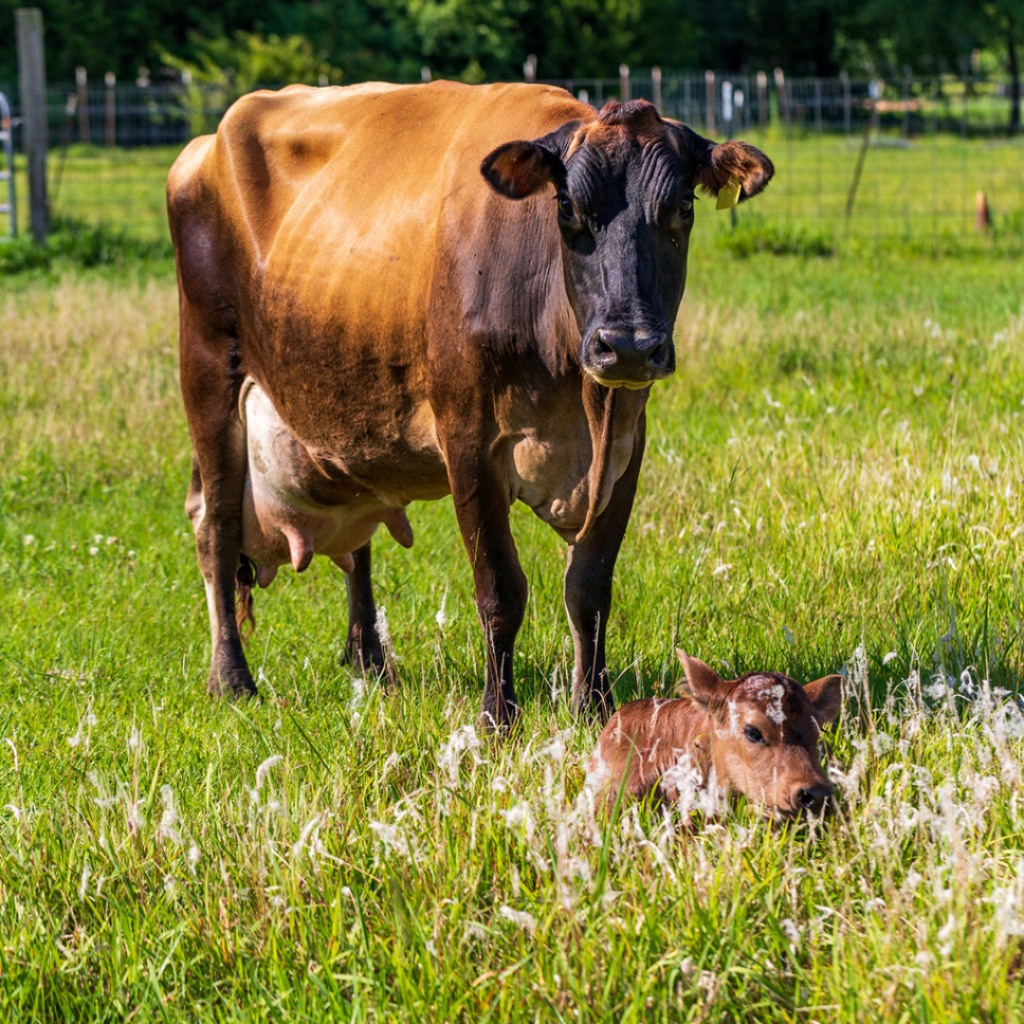
Mastitis in Jersey milk cows
As we previously mentioned, mastitis is a common problem among dairy cattle, including Jersey milk cows. An ounce of prevention is worth a pound of cure when it comes to mastitis. Make sure your Jersey milk cows get a proper balance of minerals in their diets to keep mastitis from developing. Copper and lime are two of the most important. You’ll also want to make sure you don’t get too much protein in your Jersey cattle’s feed, which is a known potent cause of mastitis.
Jersey milk cows already infected with mastitis can be given an extra tablespoon of dolomite and Vitamin C every morning and evening until the infection subsides.
Metritis in Jersey cattle
Metritis usually rears its ugly head during the birthing process. Calves born dead, followed by a foul-smelling discharge from your Jersey milk cow’s vulva, is a surefire sign you’re dealing with this condition. Attending veterinarians sometimes prepare a uterine pessary containing penicillin, streptomycin, formosulphathiazole, and ethinyloestradiol to treat the infection.
You can prevent the condition from happening by ensuring your Jersey milk cow has enough Vitamin A in her diet before breeding and throughout her pregnancy. Vitamin A, D, and E injections work best for prevention, or to clear up infections.
Exploring natural cures for Jersey cattle health issues
Many traditional (aka, expensive) treatments for common Jersey cattle health issues have natural cures. Always consult with an experienced homesteader or naturopathic animal practitioner before trying any of these solutions with your Jersey cattle for the best results. As always, we’re happy to answer questions in the comments.
Happy homesteading!
In our kitchen, we only use cultures from Cultures for Health.
Get yours here and start culturing today.
Popular Articles
Newsletter
Get signed up to get latest updates and new information from the Jersey Milk Cow!
This site uses Akismet to reduce spam. Learn how your comment data is processed.

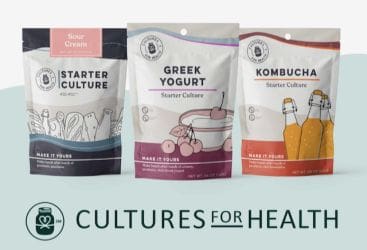
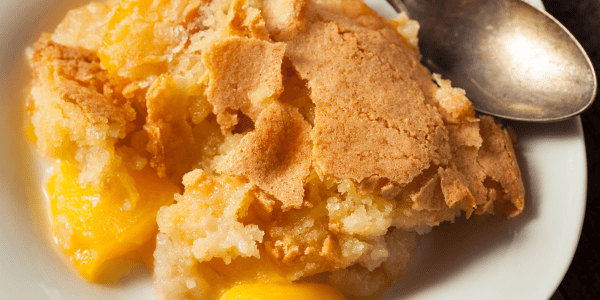

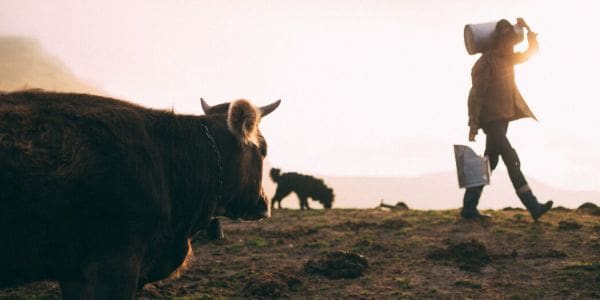
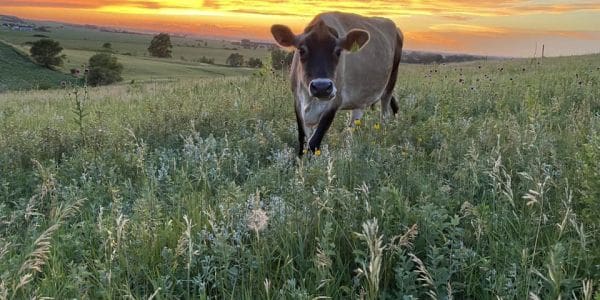


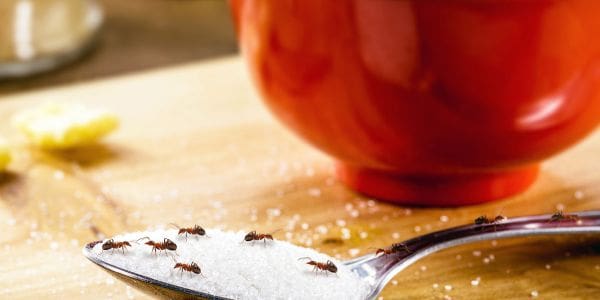

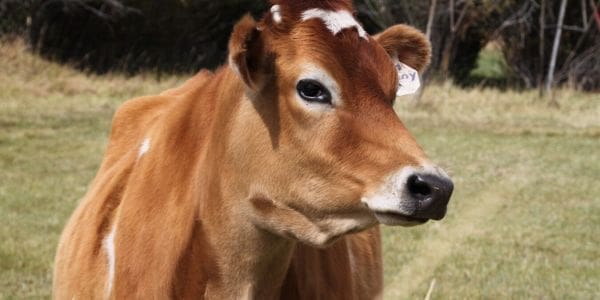

Leave a Reply